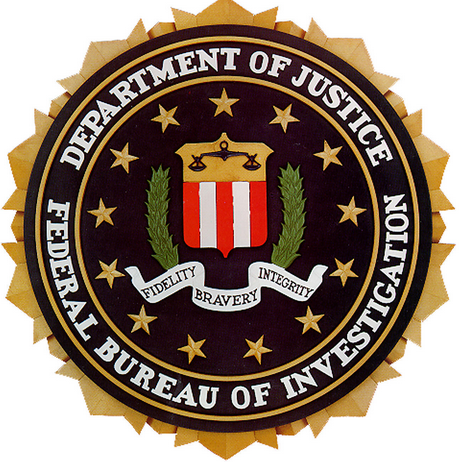FBI Warns of ‘Unlimited’ ATM Cashout Blitz
Credit to Author: BrianKrebs| Date: Mon, 13 Aug 2018 00:28:11 +0000
The Federal Bureau of Investigation (FBI) is warning banks that cybercriminals are preparing to carry out a highly choreographed, global fraud scheme known as an “ATM cash-out,” in which crooks hack a bank or payment card processor and use cloned cards at cash machines around the world to fraudulently withdraw millions of dollars in just a few hours.
 “The FBI has obtained unspecified reporting indicating cyber criminals are planning to conduct a global Automated Teller Machine (ATM) cash-out scheme in the coming days, likely associated with an unknown card issuer breach and commonly referred to as an ‘unlimited operation’,” reads a confidential alert the FBI shared with banks privately on Friday.
“The FBI has obtained unspecified reporting indicating cyber criminals are planning to conduct a global Automated Teller Machine (ATM) cash-out scheme in the coming days, likely associated with an unknown card issuer breach and commonly referred to as an ‘unlimited operation’,” reads a confidential alert the FBI shared with banks privately on Friday.
The FBI said unlimited operations compromise a financial institution or payment card processor with malware to access bank customer card information and exploit network access, enabling large scale theft of funds from ATMs.
“Historic compromises have included small-to-medium size financial institutions, likely due to less robust implementation of cyber security controls, budgets, or third-party vendor vulnerabilities,” the alert continues. “The FBI expects the ubiquity of this activity to continue or possibly increase in the near future.”
Organized cybercrime gangs that coordinate unlimited attacks typically do so by hacking or phishing their way into a bank or payment card processor. Just prior to executing on ATM cashouts, the intruders will remove many fraud controls at the financial institution, such as maximum ATM withdrawal amounts and any limits on the number of customer ATM transactions daily.
The perpetrators also alter account balances and security measures to make an unlimited amount of money available at the time of the transactions, allowing for large amounts of cash to be quickly removed from the ATM.
“The cyber criminals typically create fraudulent copies of legitimate cards by sending stolen card data to co-conspirators who imprint the data on reusable magnetic strip cards, such as gift cards purchased at retail stores,” the FBI warned. “At a pre-determined time, the co-conspirators withdraw account funds from ATMs using these cards.”
Virtually all ATM cashout operations are launched on weekends, often just after financial institutions begin closing for business on Saturday. Last month, KrebsOnSecurity broke a story about an apparent unlimited operation used to extract a total of $2.4 million from accounts at the National Bank of Blacksburg in two separate ATM cashouts between May 2016 and January 2017.
In both cases, the attackers managed to phish someone working at the Blacksburg, Virginia-based small bank. From there, the intruders compromised systems the bank used to manage credits and debits to customer accounts.
The 2016 unlimited operation against National Bank began Saturday, May 28, 2016 and continued through the following Monday. That particular Monday was Memorial Day, a federal holiday in the United States, meaning bank branches were closed for more than two days after the heist began. All told, the attackers managed to siphon almost $570,000 in the 2016 attack.
The Blacksburg bank hackers struck again on Saturday, January 7, and by Monday Jan 9 had succeeded in withdrawing almost $2 million in another unlimited ATM cashout operation.
The FBI is urging banks to review how they’re handling security, such as implementing strong password requirements and two-factor authentication using a physical or digital token when possible for local administrators and business critical roles.
Other tips in the FBI advisory suggested that banks:
-Implement separation of duties or dual authentication procedures for account balance or withdrawal increases above a specified threshold.
-Implement application whitelisting to block the execution of malware.
-Monitor, audit and limit administrator and business critical accounts with the authority to modify the account attributes mentioned above.
-Monitor for the presence of remote network protocols and administrative tools used to pivot back into the network and conduct post-exploitation of a network, such as Powershell, cobalt strike and TeamViewer.
-Monitor for encrypted traffic (SSL or TLS) traveling over non-standard ports.
-Monitor for network traffic to regions wherein you would not expect to see outbound connections from the financial institution.